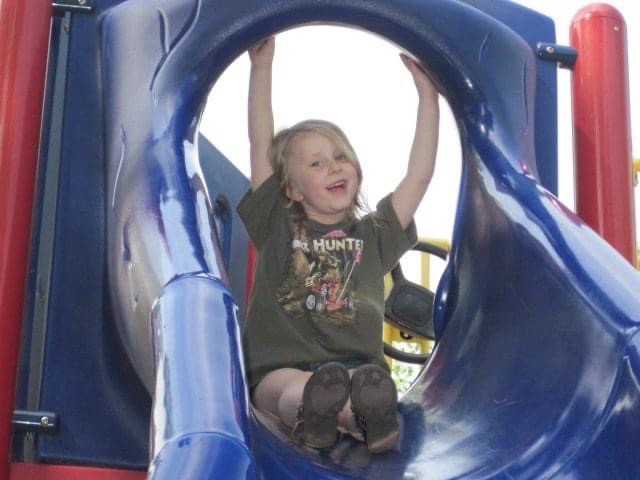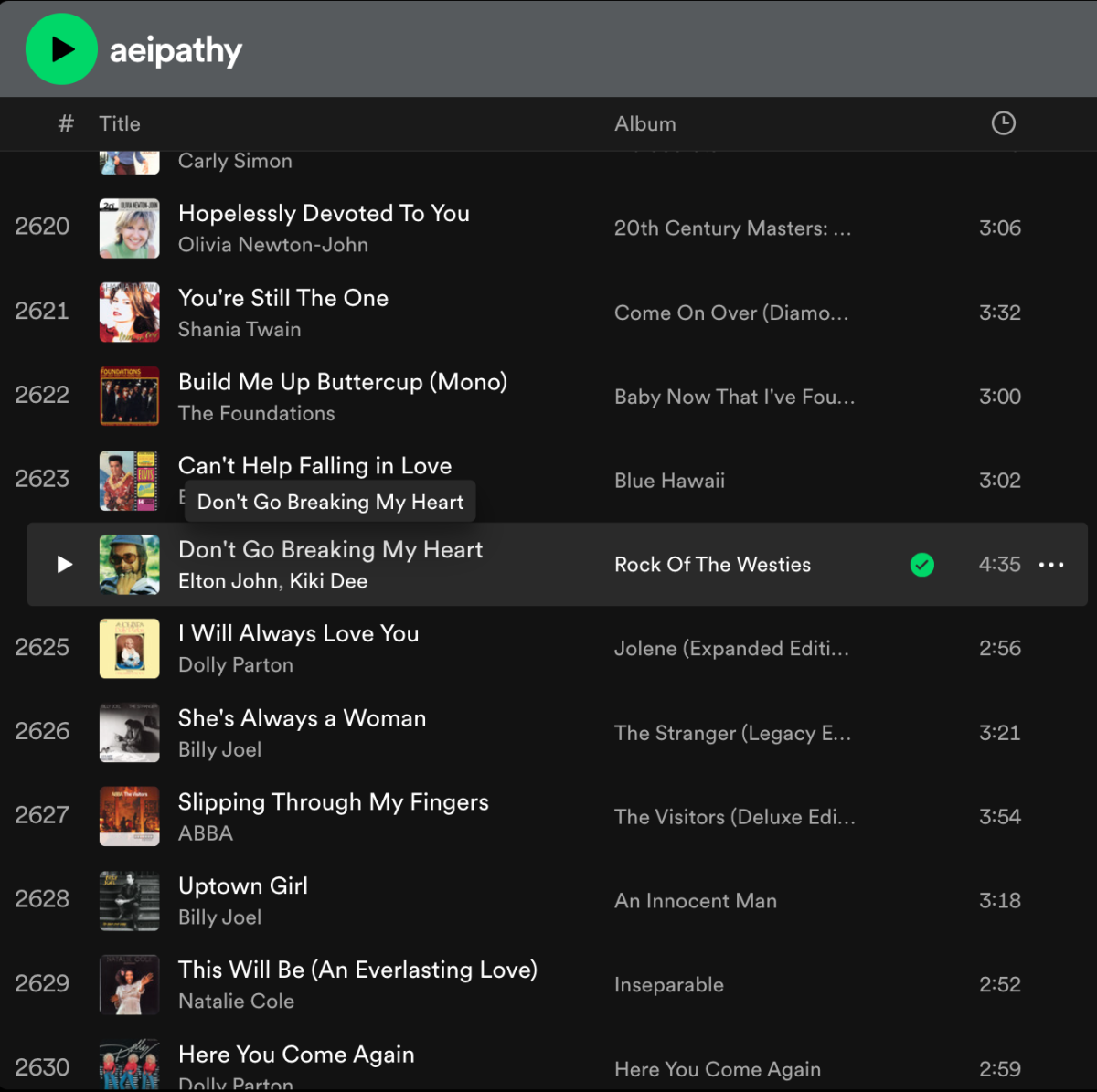Let them Hover: Helicopter Parents are Heroes

Welcome to Generation Y, where the phrase “Yolo” has gradually evolved into an influential mantra, impulsive teenagers record themselves hacking on seemingly innocuous Cinnamon, and the concept of “catfishing” has developed into a term with perilous connotations. Trapped in a “modernized” era, one of which promotes individualism through reckless, impetuous actions, it is rather perplexing as to why parents are suddenly expected to step back and allow themselves to be forcibly locked out of their child’s life.
“Overbearing”, “overwhelming”, and “overprotective”. When discussing a hovering parent, these are generally the adjectives that are carelessly tossed out. However, a plethora of evidence suggests that a majority of the parents are not over involved in their child’s life; their asserted influence is both beneficial and necessary. The conclusions of a research based study display that an individual’s brain is not fully developed in the frontal lobe until the mature age of 25. Ironically, the frontal lobe is the portion of the brain that manages impulse, judgement, and emotional control. It is irrational to permit children to make detrimental decisions without assistance when their cognitive abilities are impaired. During the developmental stage known as adolescence, both guidance and limitations are absolutely necessary in order to mold a juvenile individual into an intelligent adult. The term “overinvolved” is thrown around loosely; the legitimate meaning of it has been lost due to previously formed misconceptions. Teenagers often spit this strident word out after stormy arguments or during grumbling rants, simply because they believe their parents should not have an impact on the crucial choices they are accosted with. As a teenager, it is unfair to expect them to understand that their parents are simply “trying to help”. At this particular age, teenagers are at the peak of perceived entitlement, emitting sensations of both egotistical and vain qualities with each captured selfie. If it were up to the teenager, they would be allowed to consume candy for breakfast and stay out past curfew with no repercussions. One should not take the term “over involved parent” too literally when a teenager nonchalantly tosses it out.
In today’s advanced society, parents just can’t get it right. They are scrutinized when they adopt a permissive parenting style; they are scolded when they attempt to utilize authoritarian methods. Although many may argue that there is a distinct boundary separating “too much” and “too little” in regards to parenting , the boundary is evidently a bit blurred considering a social schism has developed concerning this germane topic. While the negative repercussions associated with disengaged parents are indisputable, the only recognized consequences of over involved parenting appear to be rather beneficial. A recent 2012 study displays that a majority of individuals state that frequent parental involvement is associated with improved overall well-being for young adults.
It is unmistakably obvious that generally, parents are not over involved in regards to their children. Rather than appearing skeptical of this bold statement and arguing that a parent’s influence over a child’s life is too immense , one should offer complimentary remarks considering that parent’s current mechanisms appear to be both appropriate and timely. We live in an era comprised of wrecking balls, swag boys, and beer pong; can you really blame parents for utilizing their maternal instincts and coddling their teenagers a bit more than usual to ensure that they do not become miniature Miley Cyruses?
Riana discovered her passion for writing in fifth grade, when a piece of her writing was entered into a competition and transformed into a play. Entering...


























































































